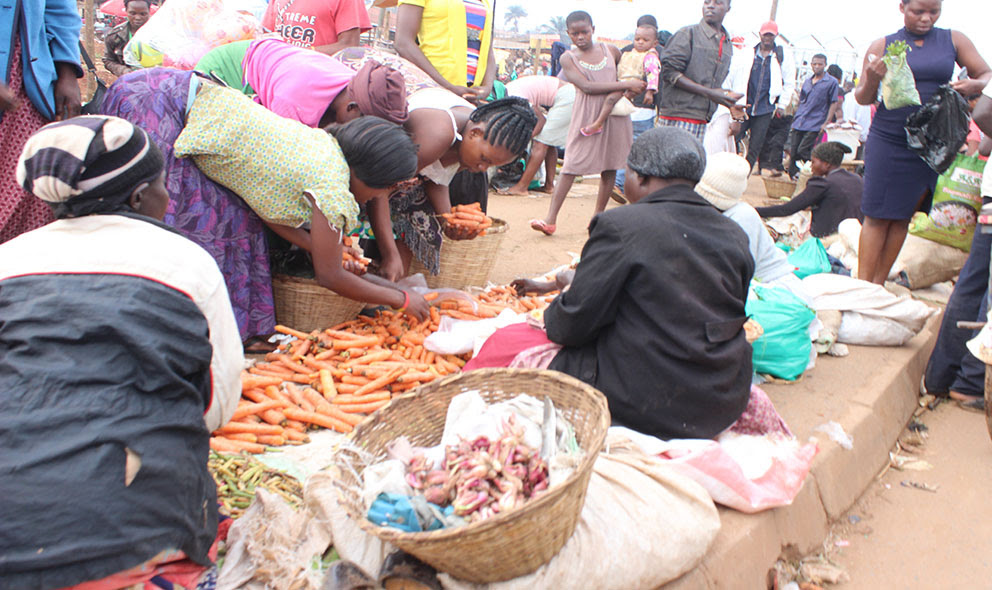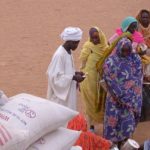The Principal Research Fellow at the Economic Policy Research Centre (EPRC), Ibrahim Kasirye has said that food production is bound to rise while hunger is expected to continue biting in Sub Saharan Africa (SSA).
Kasirye’s assertions are contained in a paper titled ‘Policies and Programmes to End Hunger’ in which he discusses ways how leaders can end hunger in Africa. He delivered a speech at the African Union organized workshop on “Ending Hunger in the Horn of Africa: Moving from Rhetoric to Action”, held in Addis Ethiopia.
According to Kasirye, global food production- will grow by about 60 percent over 2010 levels by 2050, will grow more rapidly in developing countries, especially in SSA and within the horn of Africa (Djibouti and Somalia) largest increase in food production is likely.
“Even with population growth and climate change, per capita consumption is projected to increase by 15 percent in SSA to more than 2,700 kilocalories per day,” Kasirye noted.
Further, he said that an additional 38 million people in SSA are projected to be at risk of hunger in 2050 as a result of climate change.
He urges governments to fund more research and development to raise pests and disease resistant crop varieties, bio fortification of staple crops, land reform and increase in land under irrigation to counter climate change.
Other solutions include; drafting and implementing policies on school feeding to spur demand for local food products as it is with Brazil where 30 percent of schools’ feeding requirements are procured from local small-scale farmers.
Setting up food reserves as mechanism for rapid responses in line with Pillar 3 of the CAADP framework.
Guaranteeing food subsidies to mitigate the expected impacts of high food prices during economic crises and ensure affordability of a basic diet for all, as it is with Egypt.
And effecting crops and livestock insurance and agricultural input subsidies








